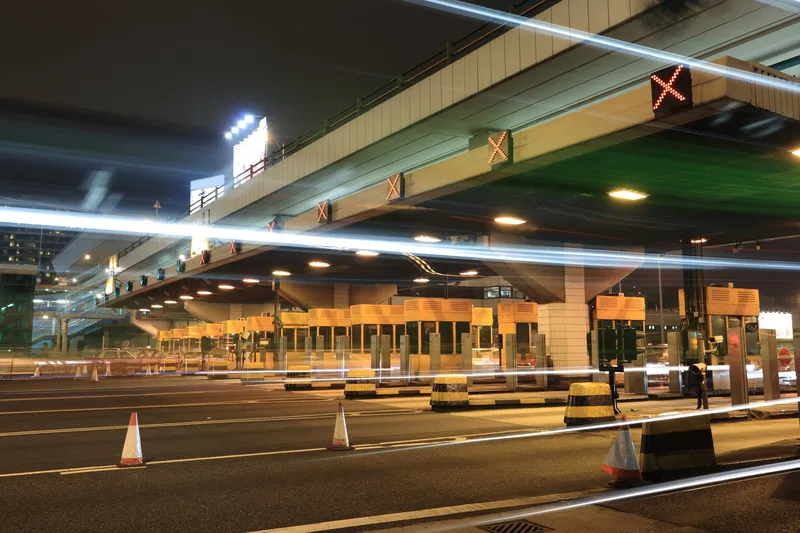Middle Tennessee Electric Membership Corporation (MTE), the largest electric cooperative organisation in Tennessee is using Nedap Identification Systems’ Transit Standard long-range RFID readers on its Murfreesboro site entry and exit lanes to offer fast, convenient and secure vehicle access control to their facility.
Transit Standard readers were installed at the entry and exit lanes of the facility, taking advantage of the system’s directional read characteristics that eliminate crossover reads and let
November 12, 2014
Read time: 2 mins
Middle Tennessee Electric Membership Corporation (MTE), the largest electric cooperative organisation in Tennessee is using 3838 Nedap Identification Systems’ Transit Standard long-range RFID readers on its Murfreesboro site entry and exit lanes to offer fast, convenient and secure vehicle access control to their facility.
Transit Standard readers were installed at the entry and exit lanes of the facility, taking advantage of the system’s directional read characteristics that eliminate crossover reads and let MTE track when vehicles either enter or exit the facility. Heavy duty tags were fitted to fleet vehicles and each associated tag and vehicle was enrolled in MTE’s access control system.
Transit Standard is a powerful radio frequency identification (RFID) reader on the 2.45 GHz band with a reading distance of up to 10 metres. The heavy duty tag is a durable ATEX certified transponder for long-range vehicle identification and is ideal for tamperproof mounting on the exterior of vehicles and other equipment.
“MTE was looking to improve vehicle access control to their facility as well as improve their tracking of high value assets. But they required this to be done in a way that would not impede productivity. That is where the Nedap long range solutions came in,” said Josh McCollem of installing integrator Guardian Systems.
"It improved the operation both from a security and control perspective and also from a throughput perspective. Not a lot of products can do all three,” McCollem said.
Transit Standard readers were installed at the entry and exit lanes of the facility, taking advantage of the system’s directional read characteristics that eliminate crossover reads and let MTE track when vehicles either enter or exit the facility. Heavy duty tags were fitted to fleet vehicles and each associated tag and vehicle was enrolled in MTE’s access control system.
Transit Standard is a powerful radio frequency identification (RFID) reader on the 2.45 GHz band with a reading distance of up to 10 metres. The heavy duty tag is a durable ATEX certified transponder for long-range vehicle identification and is ideal for tamperproof mounting on the exterior of vehicles and other equipment.
“MTE was looking to improve vehicle access control to their facility as well as improve their tracking of high value assets. But they required this to be done in a way that would not impede productivity. That is where the Nedap long range solutions came in,” said Josh McCollem of installing integrator Guardian Systems.
"It improved the operation both from a security and control perspective and also from a throughput perspective. Not a lot of products can do all three,” McCollem said.










